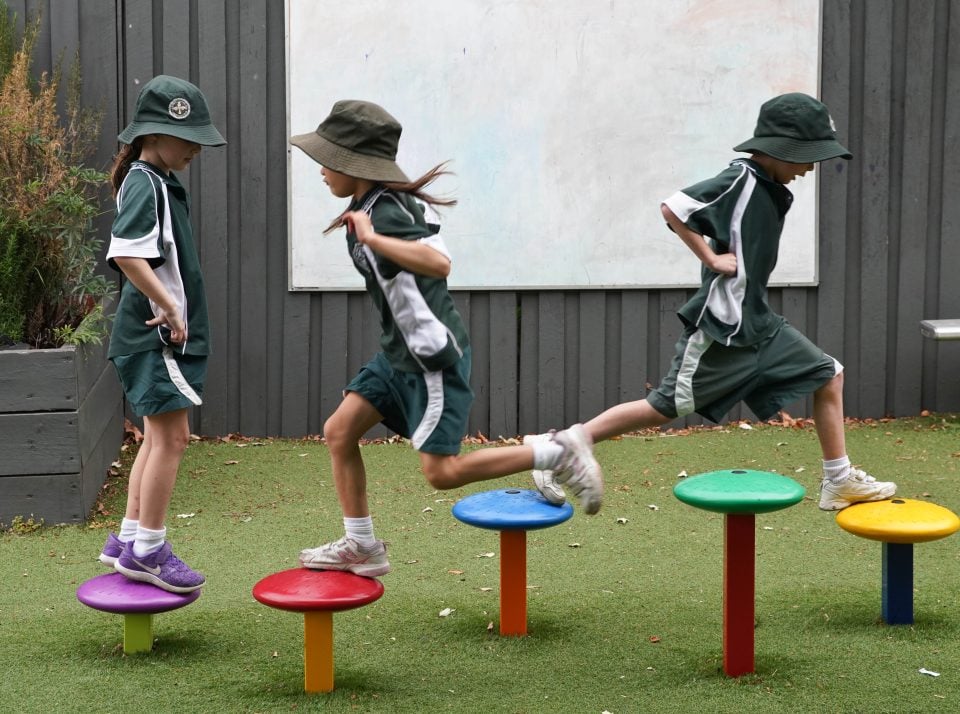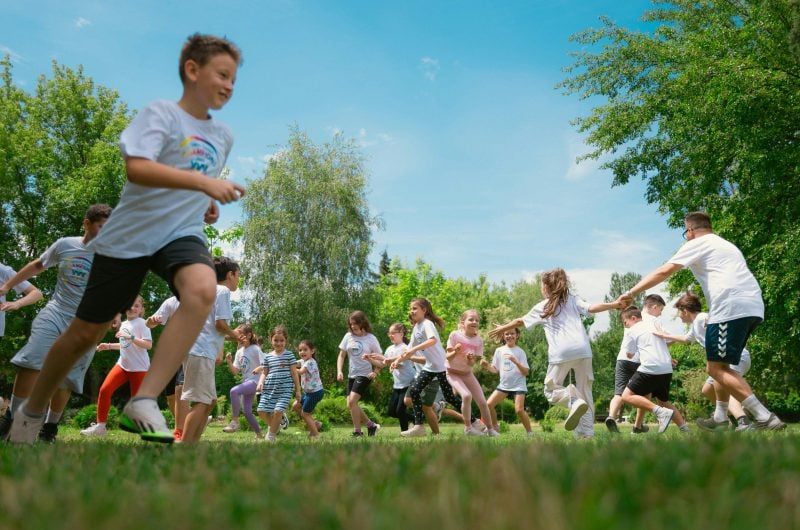
Why Wellbeing Matters
As a parent or carer, you want to see your child grow and thrive.
At Weldon, we believe that when children feel safe, connected, and valued, they are free to grow into their best selves. That’s why wellbeing is at the heart of everything we do.
From our early learning programs to our before and after school care, we support children’s social, emotional, and cognitive development through meaningful, play-based experiences. We partner with families and schools to ensure every child feels a sense of belonging, purpose, and confidence.
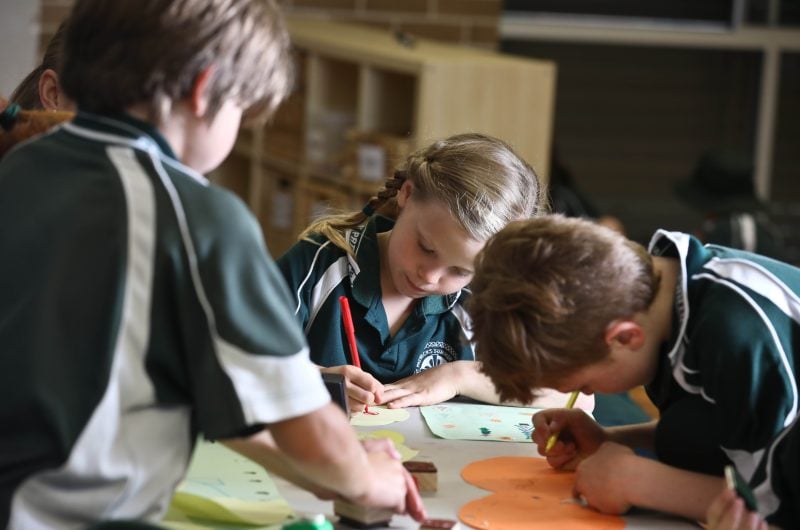
What is wellbeing?
Wellbeing isn’t just about feeling happy. It’s about helping children build the skills, habits and relationships that support a healthy, fulfilling life—now and into the future.
Wellbeing includes:
Feeling safe and secure
- Taking time to learn new skills
Making friends and resolving conflict
Exploring new ideas with confidence
- Helping others around us
Learning to bounce back from challenges
Developing healthy routines and habits
These skills are just as important as reading, writing and maths—and we help children build their human skills every day.
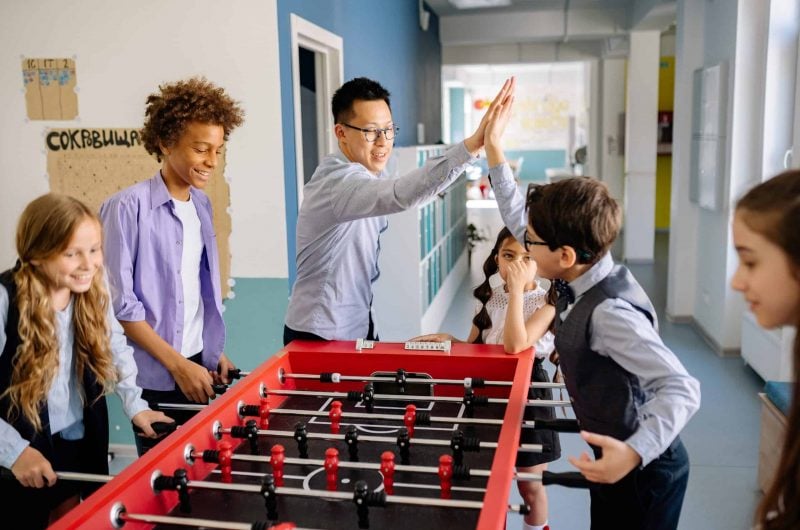
What is the PERMAH wellbeing framework?
We use the PERMAH wellbeing framework, developed by experts in positive psychology, to guide our programs. We incorporate the PERMAH Wellbeing Survey for Children and Youths developed by Dr Peggy Kern and Dr Michelle Mcquaid here in Australia, into our programming and experiences. PERMAH is an evidence-based model used by schools, educators and psychologists around the world.
Each letter stands for one of the pillars of wellbeing:
| P – Positive Emotion | Feeling joy, hope and gratitude |
|---|---|
| E – Engagement | Focusing and thriving in meaningful activities |
| R – Relationships | Building strong friendships and trust |
| M – Meaning | Understanding values, culture, and purpose |
| A – Accomplishment | Setting goals and celebrating effort |
| H – Health | Supporting physical and mental wellbeing |
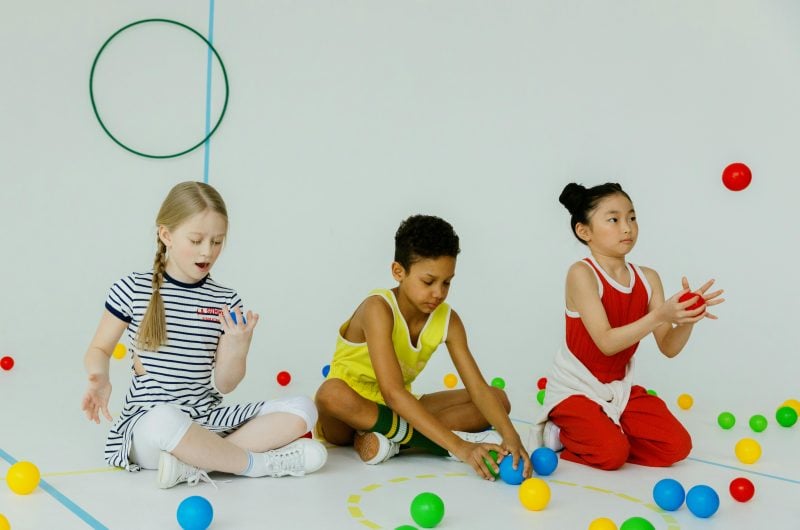
Wellbeing tips for families
Looking to build your child’s wellbeing at home? Here are some simple ideas that align with PERMAH:
Positive Emotion: Share one thing that made you smile today at dinner
Engagement: Do an activity together, like drawing, cooking, or dancing
Relationships: Start a family gratitude jar and read entries each week
Meaning: Talk about your family’s culture, traditions, history, and stories
Accomplishment: Celebrate effort, not just results (“I’m proud you tried”)
Health: Prioritise sleep, get bodies moving, and tech-free time
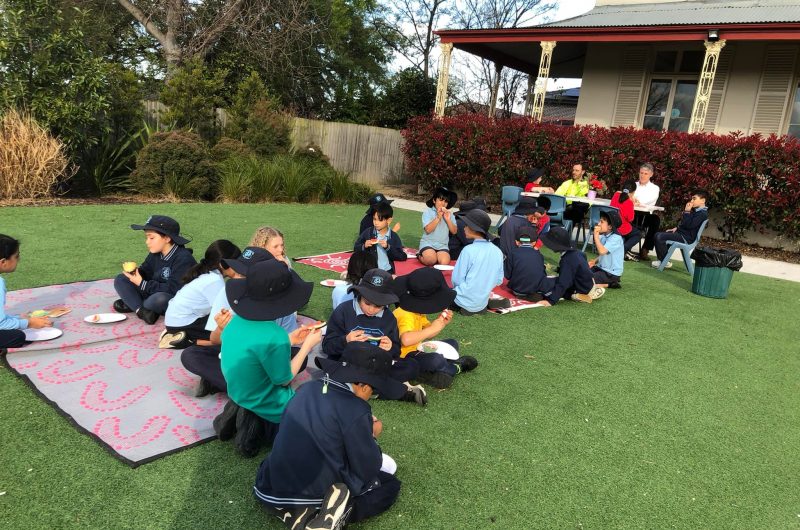
Looking for more resources to support wellbeing in your children and family?
Here are some additional wellbeing resources we’ve created for you to access or share anytime!
Our Wellbeing for Families Flyer
Our Nurturing Positive Emotions Flyer
Our Supporting Engagement for Children and Families Flyer
Our Creating Stronger Relationships Flyer
Our Building Meaning and Purpose for Children and Families Flyer
Our Helping Children and Families Nurture Accomplishment Flyer
Our Fun Ways to Get Bodies Moving Flyer
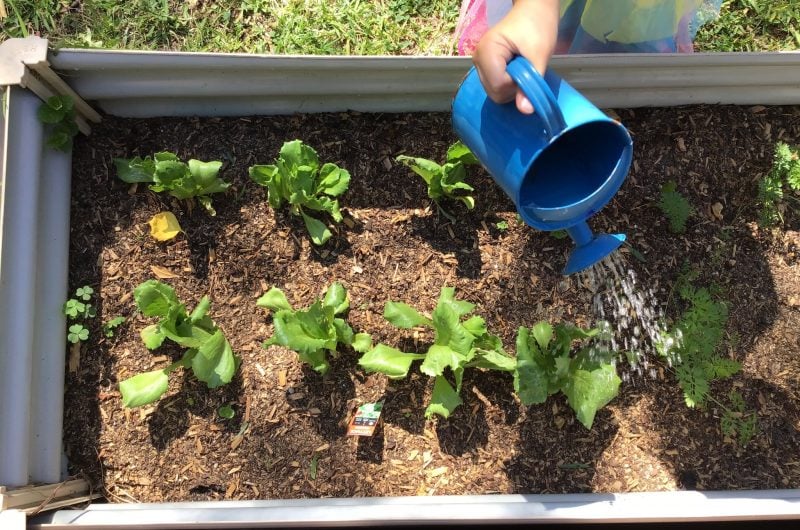
Looking for more resources to support wellbeing in your children and family?
Here are some additional external wellbeing resources we often share with others:
Positive Psychology & the PERMAH model of wellbeing:
What is PERMAH – An introduction by Professor Martin Seligman
The Science Behind the PERMAH Wellbeing Survey
Other trusted sites:
Raising Children – a Commonwealth government initiative
Information for Parents & Carers – NSW Department of Education

